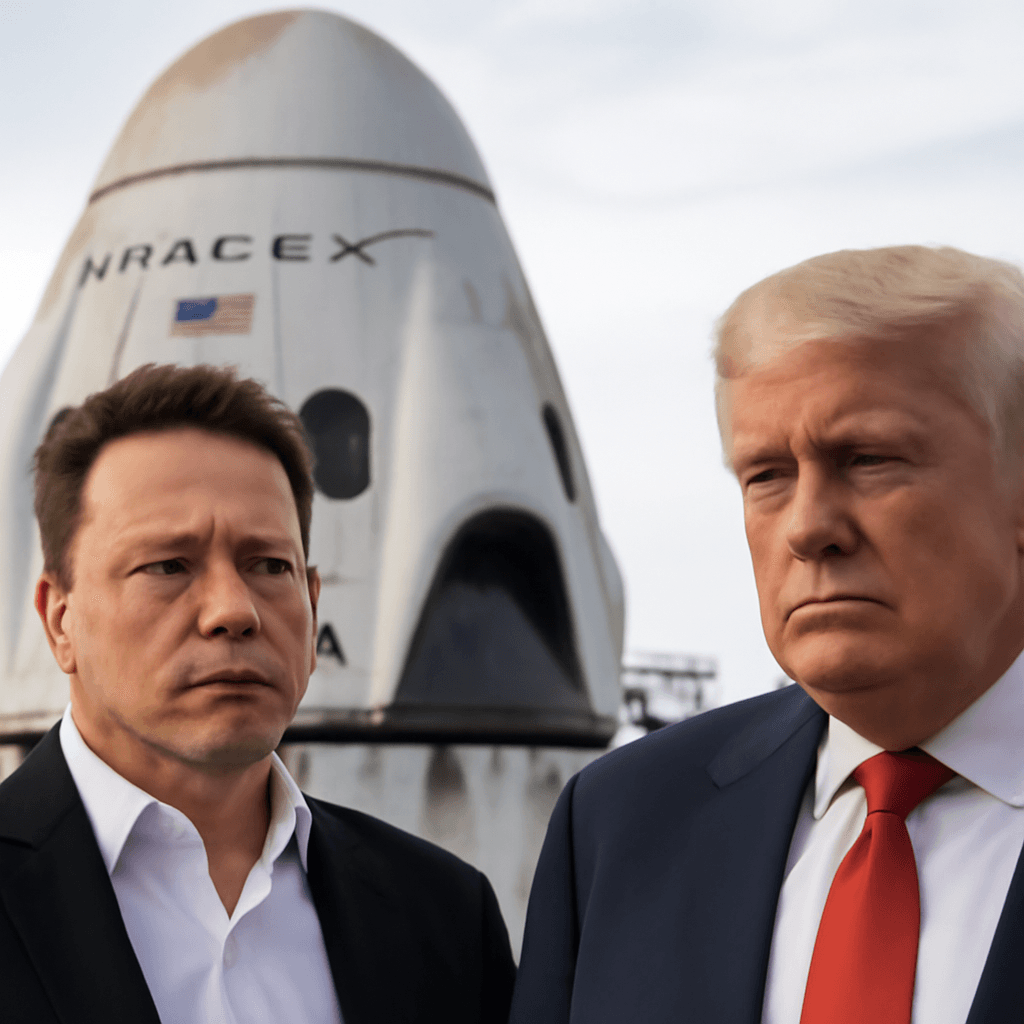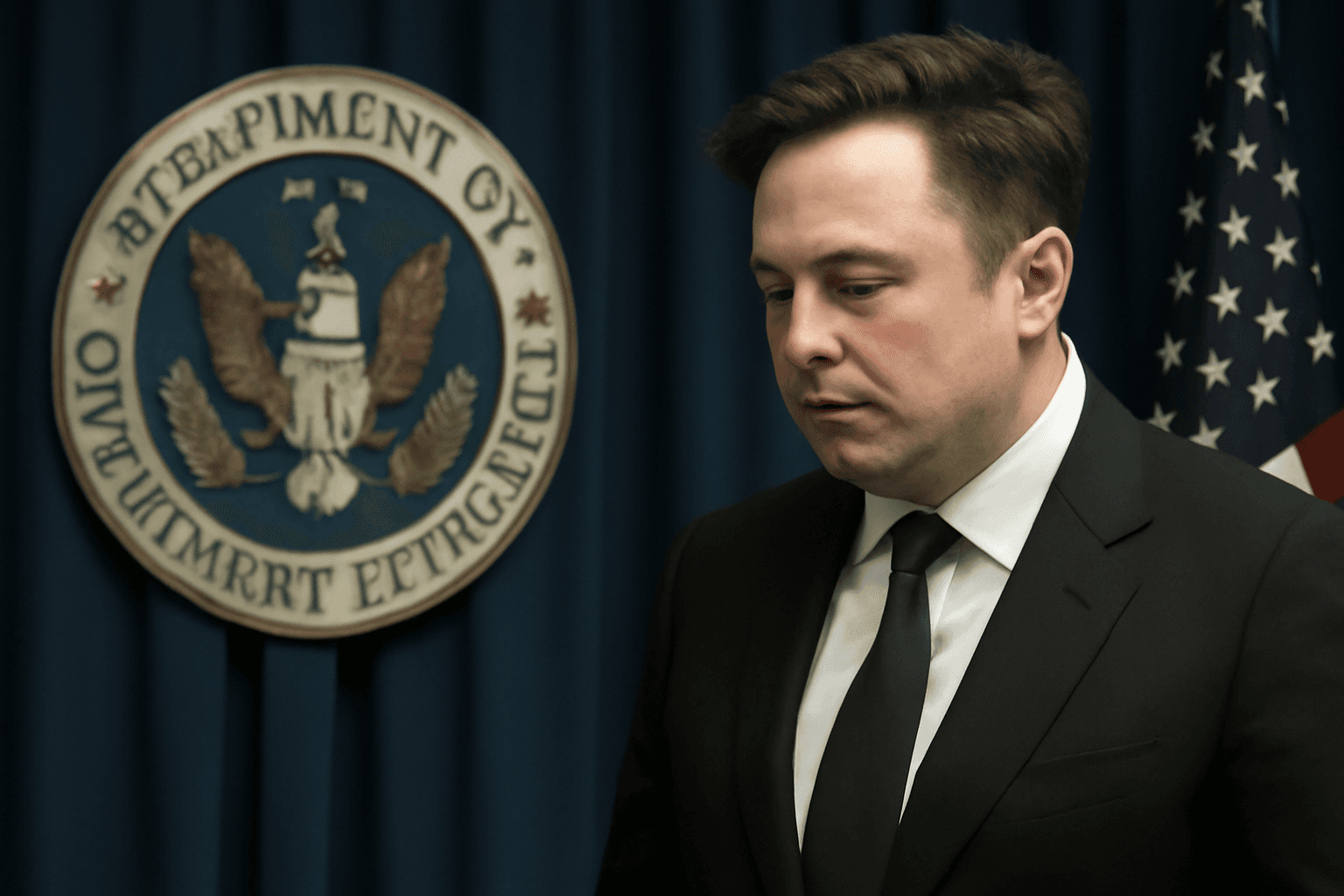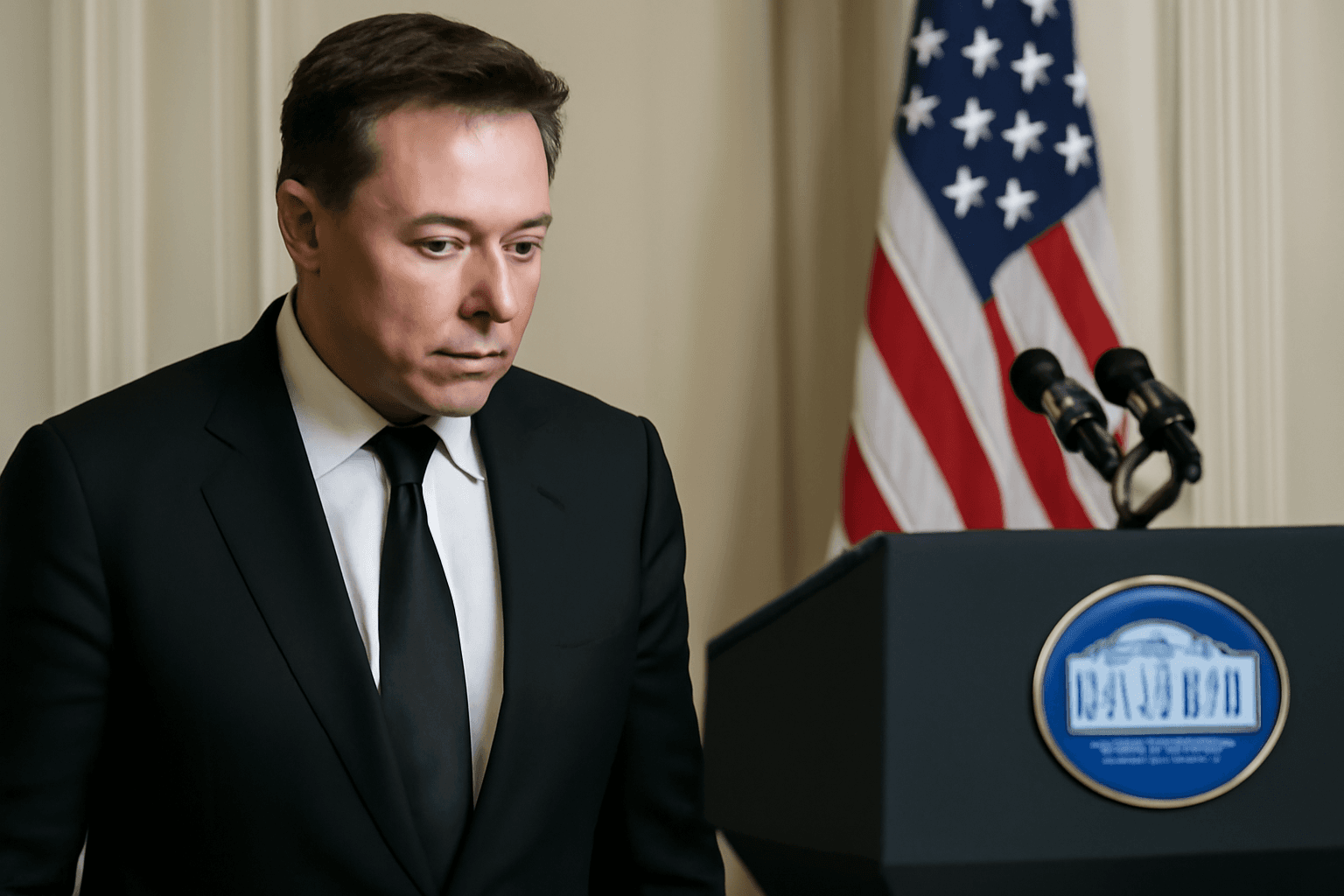Washington, May 28, 2025: SpaceX's Starship test flight ended in failure when the rocket exploded over the Indian Ocean just 30 minutes after launch from Texas. This marked the ninth test flight of Starship, SpaceX's ambitious vehicle designed to facilitate Mars colonization and enable low-cost, fully reusable space travel.
Elon Musk addressed the incident on X (formerly Twitter), acknowledging technical setbacks but emphasizing the mission's progress. He stated, "Starship made it to the scheduled ship engine cutoff, so big improvement over last flight! Also, no significant loss of heat shield tiles during ascent. Leaks caused loss of main tank pressure during the coast and re-entry phase. Lot of good data to review."
Musk further pledged an accelerated launch schedule, aiming for three launches within the next three to four weeks, congratulating the SpaceX team on their achievements despite the setback.
The 400-foot-tall Starship rockets serve as the centerpiece for Musk's vision of making humanity a multi-planetary species. This particular flight utilized a previously flown booster, demonstrating reusability. However, SpaceX lost contact with the 232-foot lower-stage booster during descent, which resulted in an uncontrolled ocean impact, deviating from the planned controlled splashdown.
While the upper stage continued into suborbital space, it began spinning uncontrollably roughly 30 minutes into the mission. This malfunction occurred after the payload deployment mechanism, intended to release eight mock Starlink satellites, failed to open the rocket's door properly.
Despite these challenges, SpaceX reports significant design enhancements to the Starship prototypes flown this year. The vehicle is designed not only to carry large satellite constellations but also to support human missions back to the Moon and ultimately to Mars.
Elon Musk was expected to deliver a livestream presentation titled "The Road to Making Life Multiplanetary" from Starbase, but as of the report, the speech had not yet been given.



















